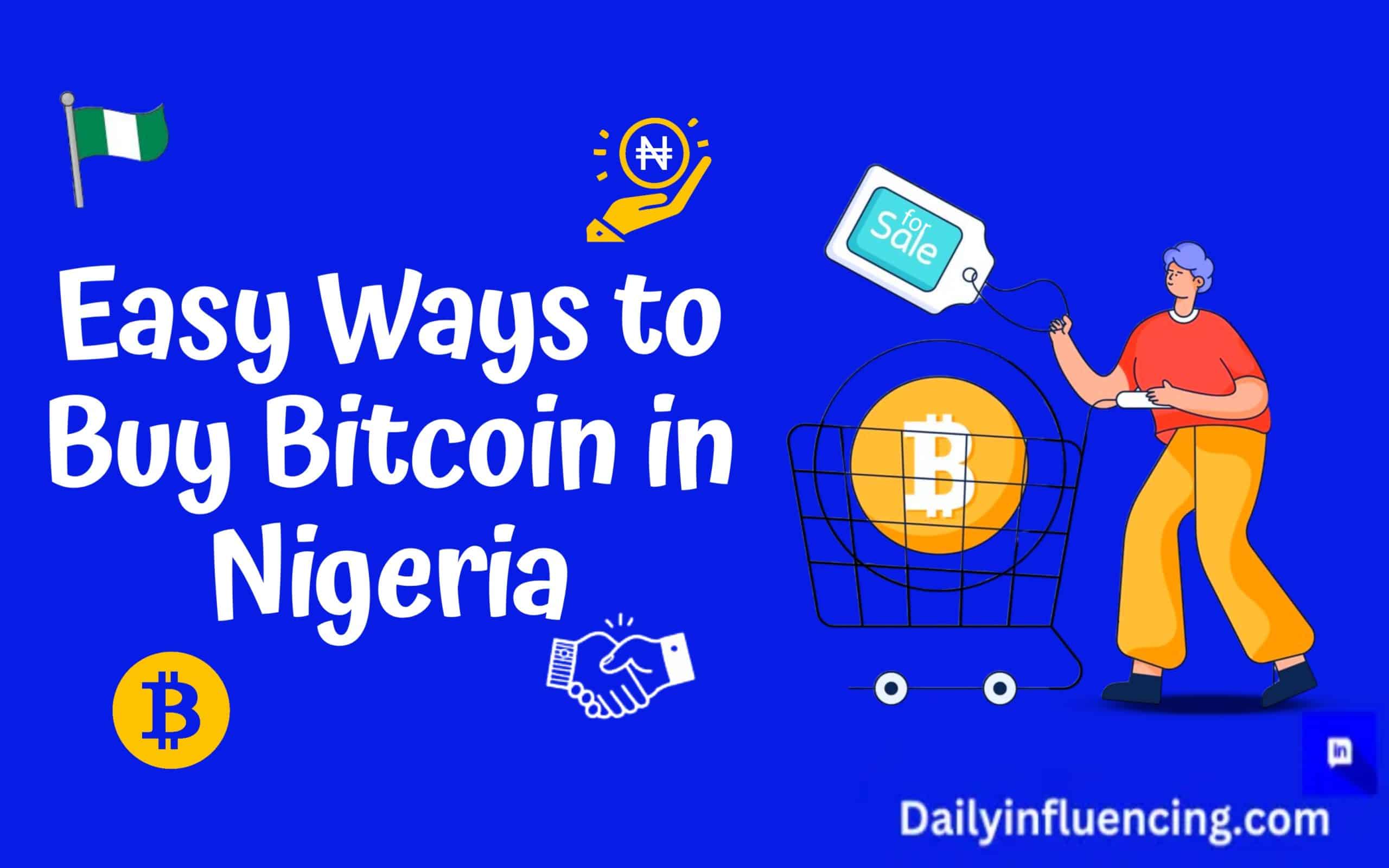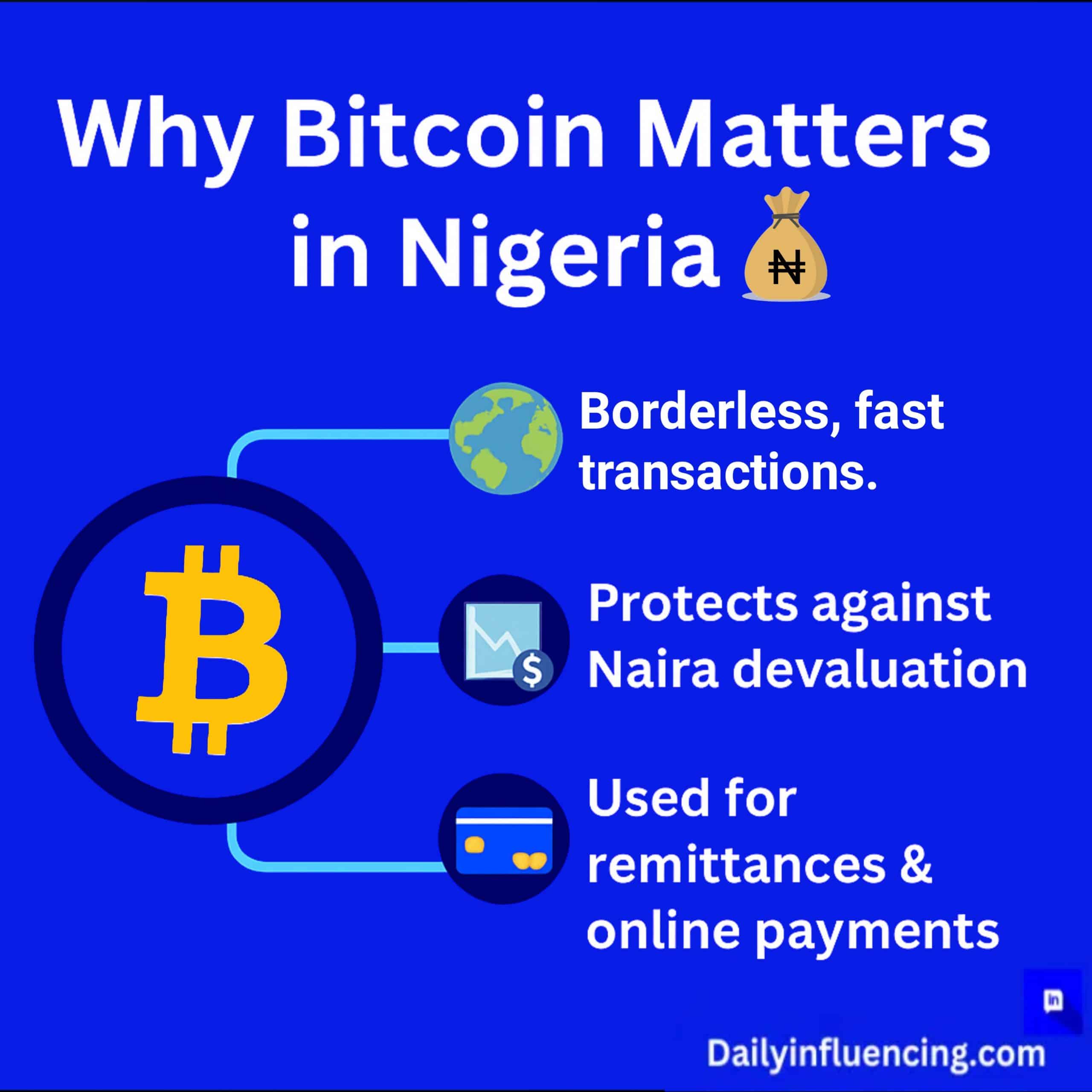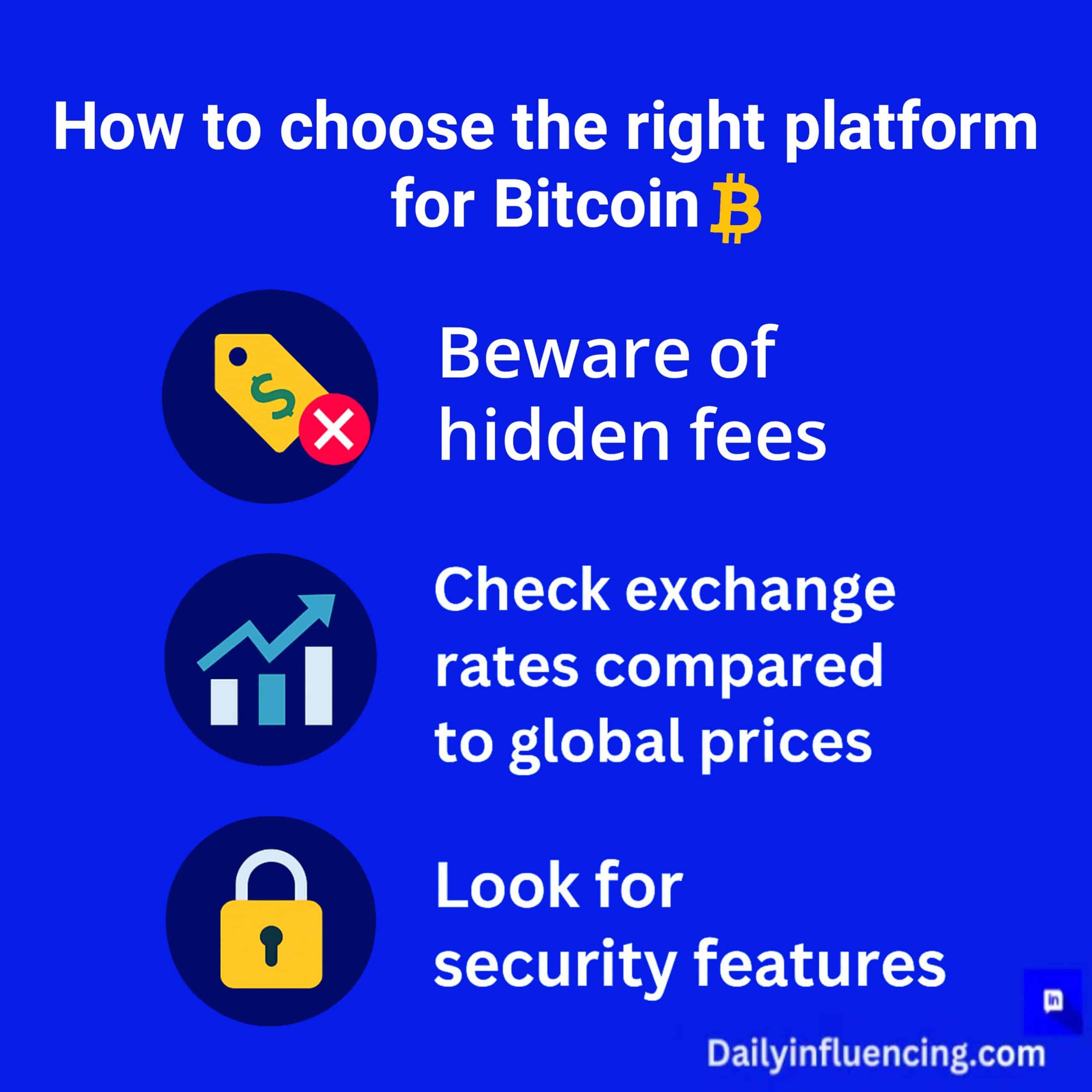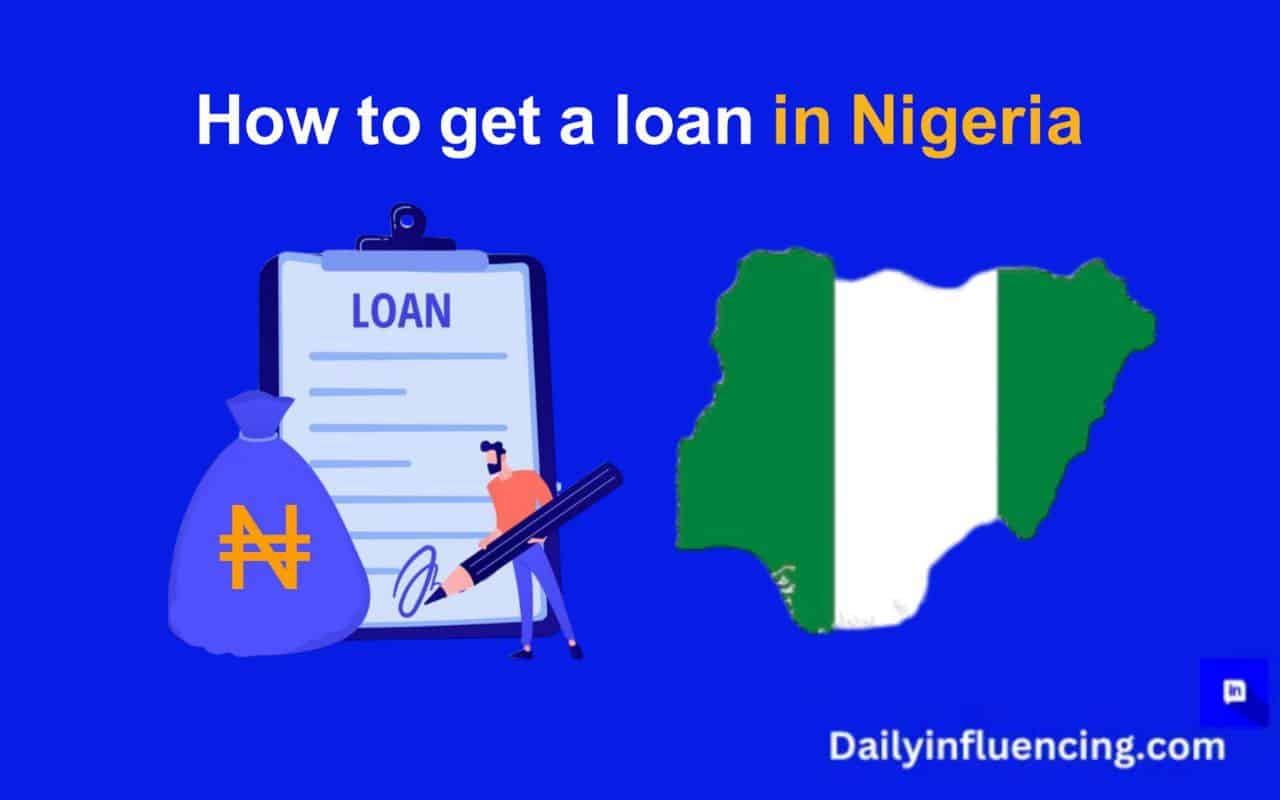
In Nigeria, buying Bitcoin has become a financial lifeline for many. I remember searching for ways to protect my savings when the Naira took a bad turn last year. That’s when I decided to buy bitcoin in Nigeria using trusted Bitcoin trading platforms—a decision that completely changed my financial outlook.
In 2021 the Central Bank of Nigeria imposed the crypto ban in Nigeria. Over the years, more Nigerians have turned more into cryptocurrencies despite the challenges. Now, under the administration of Bola Ahmed Tinubu, aka Asiwaju Jagaban, the lifting of the crypto ban has been approved by the system.
According to recent data, Nigeria ranks among the top countries globally for Bitcoin adoption, with over 35% of internet users owning some form of cryptocurrency. Buying Bitcoin in Nigeria can feel overwhelming at first. Between the technical jargon, security concerns, and finding trustworthy platforms that accept Naira, it’s easy to get lost.
That’s why I’ve put together this no-nonsense guide to help you navigate the process without falling victim to the scams that caught me off guard when I first started.
Understanding How to Buy Bitcoin in Nigeria

Before you dive into buying Bitcoin, you need a solid grasp of what you’re getting into. Bitcoin operates independently of Nigeria’s banking system, which explains why it’s gained such popularity here. When the CBN restricted bank transactions related to crypto in 2021, Nigerians didn’t abandon Bitcoin—they just found new ways to buy it.
The beauty of Bitcoin is that it’s borderless. You can send money to anyone worldwide without dealing with those frustrating international transfer fees or delays. Plus, with inflation eating away at our Naira, Bitcoin offers an alternative store of value.
For many Nigerians, Bitcoin is a practical financial tool for remittances, online payments, and protecting against currency devaluation.
Choosing the Right Platform to Buy Bitcoin in Nigeria
Picking the right platform is honestly the make-or-break moment in your Bitcoin trading journey in Nigeria. Nigerian Bitcoin traders have several options these days, but not all platforms are created equal.
Some might look flashy with promises of “zero fees,” but they’re secretly making money by giving you terrible exchange rates. I got caught in this trap once, thinking I was saving money until I compared the actual Bitcoin price I received against the global rate. The difference was shocking.
Popular Cryptocurrency Exchanges in Nigeria
After trying nearly every platform available to Nigerians, here’s what you should know about the major players:
Binance P2P has become the go-to for most Nigerian Bitcoin traders because it offers multiple payment options and has high liquidity. Their escrow system has saved me countless times from potentially fraudulent transactions.
Luno works well if you’re new to Bitcoin trading in Nigeria—their interface doesn’t overwhelm you with complicated charts and options. Though their fees are slightly higher, the peace of mind was worth it during my first few months of trading.
Quidax stands out as a locally developed Nigerian exchange that really understands our unique challenges. Their customer service actually responded within hours when my bank flagged a transaction—a refreshing change from the days-long wait I experienced with international platforms.
One thing I’ve learned through painful experience is that always check an exchange’s security history before depositing any money.
When comparing Bitcoin trading platforms in Nigeria, don’t just focus on fees. Look at:
- The actual exchange rate compared to global price
- Verification requirements and limits
- Withdrawal options to Nigerian bank accounts
- Security features like two-factor authentication
- User reviews specifically from Nigerian traders
The platform you choose will significantly impact how you buy bitcoin in Nigeria and your Bitcoin trading experience, from costs to security to convenience. Take it from someone who learned through trials and errors. Spend the extra time researching before you commit your hard-earned Naira.
Peer-to-Peer (P2P) Platforms vs. Centralized Exchanges
Peer-to-Peer platforms connect you directly with other Bitcoin traders in Nigeria, which solves many banking restrictions problems. I switched to P2P trading in 2023 after my bank blocked three separate transactions to centralized exchanges.
Binance P2P dominates the Nigerian market for good reason. Their escrow system holds the Bitcoin until both parties confirm the transaction is complete. This saved me ₦250,000 last year when a seller claimed they never received my payment despite my transfer receipt proving otherwise.
Paxful offers more payment flexibility than any other platform for Nigerian Bitcoin traders. You can use everything from bank transfers to gift cards. This flexibility became important when my bank temporarily suspended crypto-related transfers. But always ensure you check for seller badge validity to avoid being scammed on the platform.
LocalBitcoins was my first P2P platform back in 2021, but their declining Nigerian user base means fewer trading options and sometimes higher prices. The platform still works, but liquidity isn’t what it used to be.
Things to look out for when using P2P Bitcoin trading platforms in Nigeria:
- Always check the seller’s completed trade count and satisfaction rating
- Start with smaller amounts until you establish trust
- Never communicate or pay outside the platform’s official channels
- Screenshot all transaction receipts and confirmations
Centralized exchanges like Luno and Quidax offer more streamlined trading with set prices rather than negotiating with individual sellers. They’re faster for frequent traders but often struggle with Nigerian banking restrictions.
The main advantage of P2P Bitcoin trading is bypassing banking limitations, while centralized exchanges typically offer better prices during stable market conditions. I keep accounts on both types of platforms to adapt to changing regulations and market conditions.
Step-by-Step Guide to Buying Bitcoin in Nigeria
Step 1: Set Up a Secure Bitcoin Wallet
Your wallet is the foundation of safe Bitcoin trading in Nigeria. After losing 0.03 BTC from an exchange hack in 2022, I learned wallet security isn’t optional.
For Nigerians just starting with Bitcoin trading, these wallet options work best:
Mobile wallets: Trust Wallet and Exodus offer the best balance between security and convenience for Nigerian users. I use Exodus for smaller amounts I might need to access quickly.
Hardware wallets: Ledger and Trezor provide bank-level security for serious Bitcoin traders in Nigeria. Yes, they cost $50-150, but that’s nothing compared to the protection they offer..
Exchange wallets: Every Nigerian exchange offers built-in wallets. They’re convenient but risky for storage.
Here are the important wallet security measures to consider for Nigerian Bitcoin traders:
- Enable two-factor authentication using Google Authenticator (not SMS)
- Create unique, complex passwords for each platform
- Back up your recovery phrase on paper (never digitally) and store in separate locations
- Never share your private keys with anyone, even “support staff”
Most Nigerians skip proper wallet setup because it seems technical. Don’t make this mistake. The 30 minutes spent setting up proper security prevents the countless hours dealing with lost funds.
Step 2: Complete Identity Verification (KYC)
Most legitimate Bitcoin trading platforms require Nigerian users to verify their identity. I initially tried avoiding this step in 2022, limiting myself to platforms without KYC—this was a mistake that cost me access to better rates and reliable platforms.
For Nigerian Bitcoin traders, standard KYC requirements include:
- National ID card, driver’s license, or international passport
- Proof of address (utility bill or bank statement less than 3 months old)
- Selfie holding your ID or video verification
- Phone number verification
The verification process for Nigerian users typically takes 1-3 business days, depending on the platform. Binance and Luno usually verify Nigerian accounts faster than global exchanges less familiar with Nigerian documents.
When I submitted blurry document photos to Quidax, my verification was delayed by a week. Make sure to take clear, well-lit photos of your documents to avoid this issue. Make sure your name on the verification documents matches your bank account name exactly to prevent payment problems later.
KYC is essential for serious Bitcoin trading in Nigeria despite privacy concerns. Platforms with proper verification offer better security, dispute resolution, and protection against fraud. They’re also less likely to suddenly freeze Nigerian accounts.
Step 3: Funding Your Account to Buy Bitcoin in Nigeria
Funding your account with Naira became tricky after the 2021 CBN restrictions, but several reliable methods still work for Nigerian Bitcoin traders:
Bank transfers: Most P2P platforms like Binance P2P, Bybit and Paxful still support direct bank transfers between users. I’ve completed over 200 transactions this way without issues by carefully following seller’s instructions.
Payment processors: Services like Flutterwave and Paystack sometimes work for Nigerian Bitcoin purchases, depending on the platform. These occasionally offer better rates but can be less reliable during regulatory crackdowns.
Mobile money: Options like OPay and PalmPay have become popular alternatives for funding Bitcoin accounts in Nigeria, especially when bank transfers face additional scrutiny.
Cash deposits: Some P2P traders accept direct cash deposits into their bank accounts. I’ve used this method twice during bank maintenance periods with no issues.
Important funding tips for Nigerian Bitcoin traders:
- Always include the exact reference code provided by the seller
- Never mention “Bitcoin” or “crypto” in transfer descriptions
- Keep transaction receipts for at least 30 days
- Start with smaller amounts (₦10,000-20,000) until you’re comfortable with the process
After my bank flagged repeated transfers to the same recipient, I now rotate between different payment methods and keep transactions below certain thresholds. This simple adjustment has prevented payment delays in my Bitcoin trading activities.
Step 4: Placing Your First Bitcoin Buy Order
Once your account is funded, you’re ready to buy Bitcoin in Nigeria. The process differs slightly between centralized exchanges and P2P platforms:
On centralized exchanges (Luno, Quidax):
- Navigate to the BTC/NGN trading pair
- Choose between market orders (instant purchase at current price) or limit orders (set your desired price)
- Enter the amount of Bitcoin you want to buy
- Review the transaction details and confirm
On P2P platforms (Binance P2P, Bybit, Paxful):
- Filter sellers by payment method and price
- Select a seller with good ratings (95%+ completion rate, 100+ trades)
- Enter your purchase amount and start the trade
- Follow the payment instructions precisely
- Mark payment as completed after sending funds
- Wait for the seller to release the Bitcoin to your wallet
When selecting P2P offers, don’t automatically choose the lowest price. A slightly higher rate from a seller with thousands of completed trades often provides a smoother experience for Nigerian Bitcoin traders. I paid 2% more for my last purchase, but the transaction completed in 5 minutes versus the usual 20-30 minutes.
For your first purchase, start with a smaller amount (₦5,000-10,000) to get comfortable with the process. This approach saved me from making costly mistakes during my early days of Bitcoin trading in Nigeria.
Step 5: Securely Withdrawing and Storing Your Bitcoin
After successfully buying Bitcoin, the next step is securing your Bitcoin investment. Withdrawing your cryptocurrency to your personal wallet can save you from losing your hard-earned bitcoin asset from a security breach most time. Like the common saying: It’s always better to be safe than sorry.
For Nigerian Bitcoin traders, follow these withdrawal best practices:
- Transfer to your personal wallet immediately after purchase.
Don’t leave significant amounts on exchanges. When I bought 0.1 BTC during the 2023 dip, I immediately moved it to my hardware wallet, which protected me during two major exchange outages.
- Double-check wallet addresses before sending.
Bitcoin transactions can’t be reversed. I always verify the first and last 4-5 characters of any address before confirming. A friend lost ₦350,000 worth of Bitcoin by mistyping a single character in the wallet address.
Start with a small test transaction.
When sending to a new wallet, I first transfer ₦10,000 worth to confirm everything works correctly before moving larger amounts.
- Confirm transaction success.
Use block explorers like Blockchain.com to verify your transaction has been confirmed on the Bitcoin network. Nigerian internet disruptions sometimes cause transaction notification failures even when transfers succeed.
- Record transaction details.
Keep a separate record of transaction IDs, amounts, and dates for your Bitcoin trades in Nigeria. This documentation saved me during a tax audit and when disputing a missing transaction.
Nigerian Bitcoin traders should understand that transaction fees vary based on network congestion. Consider timing non-urgent withdrawals during off-peak hours (typically weekends) for lower fees.
Once your Bitcoin arrives safely in your personal wallet, proper security becomes essential. Store your recovery phrase in a fireproof, waterproof container. This approach protects against both digital threats and physical hazards like house fires or floods that could destroy your only copy.
Converting Bitcoin Back to Naira via Bitcoin Trading Platforms
At some point, you’ll need to convert some Bitcoin back to Naira. The need will almost certainly arise often in your daily transactions as a crypto lad. Knowing how to perform a quick and easy Bitcoin conversion to naira can be life-saving most time.
For Nigerian Bitcoin traders, several reliable methods exist for converting Bitcoin to Naira:
Using P2P Platforms to Sell Bitcoin
P2P platforms remain the most practical option for Nigerians. The process essentially works in reverse:
- Create a sell offer or find a buyer on platforms like Binance P2P, Bybit or Paxful
- Lock your Bitcoin in the platform’s escrow system
- Wait for the buyer to send Naira to your account
- Release the Bitcoin once payment confirmation appears
Nigerian Bitcoin traders should be selective about buyers. Here are things to note when finding a real buyer:
- 98+ completed trades
- 98 %+ positive feedback
- Verified identity badges
- Recent activity (traded within the last 48 hours)
These criteria have helped me avoid payment delays and disputes when converting Bitcoin to Naira.
Direct Exchange Options
Some Nigerian exchanges offer direct BTC/NGN trading pairs for instant conversion:
- Quidax provides direct withdrawal to Nigerian bank accounts
- Luno offers similar services with competitive rates
- BuyCoins supports quick conversions for verified users
These options typically process faster than P2P but might offer slightly lower rates.
Conclusion
Buying Bitcoin in Nigeria doesn’t have to be complicated. With the right knowledge and caution, you can navigate the process safely despite the banking restrictions and regulatory uncertainty.
Bitcoin has opened up new financial possibilities for Nigerians—from preserving value against inflation to participating in the global digital economy. While it’s not without risks, taking the time to learn how to buy and store Bitcoin properly can be well worth the effort.
Whether you’re looking to invest, send money internationally, or simply explore the world of cryptocurrency, this guide should help you get started on the right foot. And remember, start small, learn continuously, and never invest more than you can afford to lose.
Have you tried buying Bitcoin in Nigeria yet? What was your experience like? I’d love to hear your stories and answer any questions in the comments below.
FAQs
Yes, it’s legal for individuals to buy, sell, and hold Bitcoin in Nigeria. While the Central Bank of Nigeria (CBN) issued directives restricting banks from processing cryptocurrency transactions, owning Bitcoin itself is not illegal. Many Nigerians use peer-to-peer platforms to legally buy Bitcoin.
The most popular platforms for buying Bitcoin with Naira include Binance P2P, Luno, and Quidax. Binance P2P generally offers the highest liquidity and variety of payment methods, making it a preferred choice for many Nigerian buyers.
To avoid scams, only use reputable exchanges with strong security measures, enable two-factor authentication on all accounts, verify seller ratings on P2P platforms, never send payment outside the platform’s escrow system, and be wary of offers that seem too good to be true.





